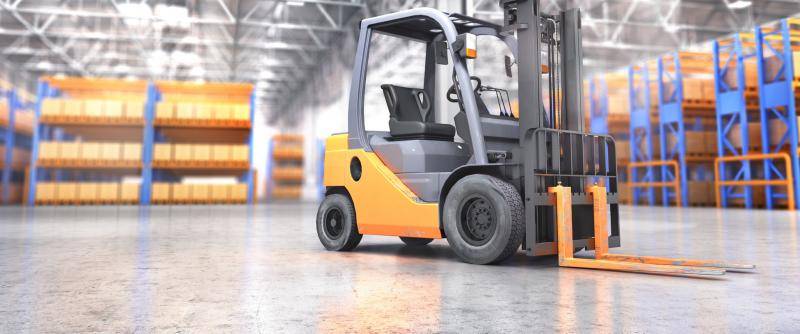
Why Warehouses Are Phasing Out Lead-Acid Batteries
Why Warehouses Are Phasing Out Lead-Acid Batteries
In recent years, warehouses and logistics centers have been shifting away from traditional lead-acid forklift batteries in favor of more advanced power solutions. This change is driven by the increasing need for higher efficiency, reduced downtime, and improved workplace safety. The rise of the lithium battery has transformed operations, especially with the emergence of the lithium forklift as the new standard in material handling.
https://www.lifmocer.com
Challenges of Traditional Lead-Acid Batteries
Lead-acid batteries have long been the industry norm for powering forklifts. However, they come with several limitations that modern warehouse operations can no longer afford to overlook. These include long charging times, routine maintenance requirements, and significant weight, which affects performance. Moreover, lead-acid batteries are less energy-efficient and generate more heat, leading to frequent downtimes and additional safety precautions.
https://www.lifmocer.com/collections/golf-cart-batteries
https://www.lifmocer.com/collections/car-jump-starter
https://www.lifmocer.com/collections/forklift-batteries
The Shift Toward Lithium Forklift Batteries
Modern warehouses are adopting lithium forklift batteries for a range of reasons. Unlike their lead-acid counterparts, lithium batteries provide rapid charging, no maintenance, and consistent power output. Their lighter weight and higher energy density improve overall forklift efficiency while enhancing maneuverability in tight warehouse spaces.
Lithium forklift in warehouse
Figure: Lithium forklifts operating in a high-efficiency warehouse environment.
Key Advantages of Lithium Forklifts
Faster Charging: Lithium batteries can be opportunity charged during short breaks, eliminating long charging cycles.
Longer Lifespan: Lithium forklift batteries last up to 4x longer than traditional options, reducing replacement frequency.
Zero Maintenance: No need for water refills or cleaning terminals, leading to lower labor costs and fewer safety incidents.
Improved Safety: Advanced BMS systems prevent overheating, overcharging, and short-circuiting.
Environmentally Friendly: Lithium batteries are recyclable and don't contain toxic lead or acid.
Warehouse Trends Driving the Change
As the e-commerce boom drives higher throughput and faster logistics, warehouses must optimize every aspect of their operations. Fleet electrification with lithium forklifts enables 24/7 productivity with minimal interruptions. Additionally, many warehouses are investing in automation and robotics, both of which are better supported by the stable output of lithium power solutions.
Conclusion
The transition from lead-acid to lithium forklift batteries is not just a trend-it's a necessity for modern logistics. Warehouses aiming to reduce downtime, cut operational costs, and improve safety are increasingly choosing lithium battery technology. As this shift accelerates, it's clear that lithium-powered forklifts will become the industry standard for efficient and sustainable warehouse operations.
Why Warehouses Are Phasing Out Lead-Acid Batteries


